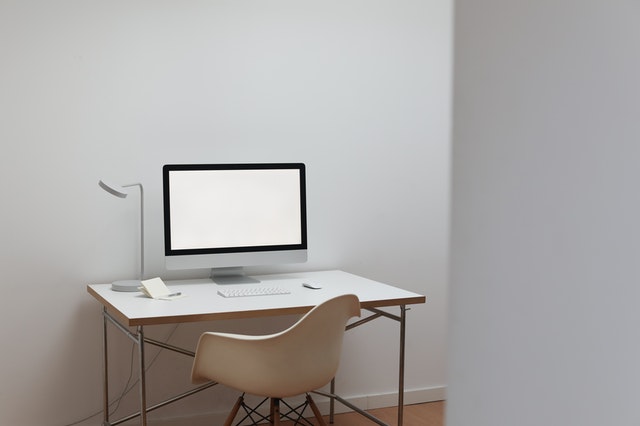It happens more often than you think. You’re unhappy with your aging computer’s speed, so you purchase a new one. But the new machine’s performance is underwhelming. Feeling disappointed, you wonder why it’s so slow even though it’s fresh from the factory floor.
#1 The Hardware Is Faulty
Although it’s unusual, a new computer’s hardware can be faulty. Run some benchmarks and compare them to computers with similar configurations on the Internet. And take your computer back to the retailer if you notice any of the following signs of faulty hardware:
- Software crashes
- Glitches
- Overheating
- Restarts
- Bluescreen errors
- Motherboard warnings
#2 The Hardware Is Inadequate
Even a factory-fresh machine may not handle everything you’re throwing at it if it lacks the hardware capabilities. For example, a computer with an entry-level graphics card may not render enough frames per second in a video game. You can always lower the graphics settings in your operating system and games to boost performance.
#3 The Computer Has Malware
While it’s unlikely for a renowned brand to ship a computer with malware, your system may have contracted an infection later that causes performance issues. For example, a computer virus, a computer worm, Trojan horse, or adware can slow your PC down. To remove malicious software from your computer, immediately update and run your operating system’s antivirus software. Next, download anti-malware software for a thorough cleaning.
#4 The Computer Has Unwanted Programs
Although it’s highly unusual for a new computer to arrive with malware, it may have unwanted programs like toolbars, trial-run software, and other freeware, shovelware, and bloatware. Consider removing these programs if they don’t offer you value. At the very least, they’ll stop using up computer’s resources.
#5 Conflicts
Remember that new computers are usually behind on the latest software patches and drivers. Download and run the most recent software for your hardware to see if that helps. At the very least, new software can carry security fixes that prevent some malware from taking a foothold in your system.
Sometimes, drivers and even some apps can conflict with each other, resulting in slowdowns. Yes, even new computers can have such issues. If downloading the latest drivers doesn’t help, isolate the offending hardware through tests and uninstall and reinstall its drivers.
Selecting the Right New Computer
Computers come at different price points with various specifications. When buying a new computer, you need to consider your needs in order to avoid overspending. At the same time, you don’t want a computer that’s too slow. Let’s look at some tips:
- Your computer should have at least 8 to 12GB of RAM nowadays to run a variety of apps comfortably. Some enthusiasts go as far as 32GB to keep their machines future-proof. Check out what professionals have to say about how much RAM you need.
- Buy a computer with at least a core i5 or equivalent processor unless your only objective is light browsing and office work.
- A hard disk drive (HDD) offers more storage for less money, but a solid-state drive (SSD) is significantly faster. The answer to the HDD vs SSD debate depends on your requirements.
- Look for a computer with a modern graphics card if you plan to play games. However, a machine with a decent onboard GPU may suffice for light games at lower settings.
- Ensure that your machine’s power supply is enough.




